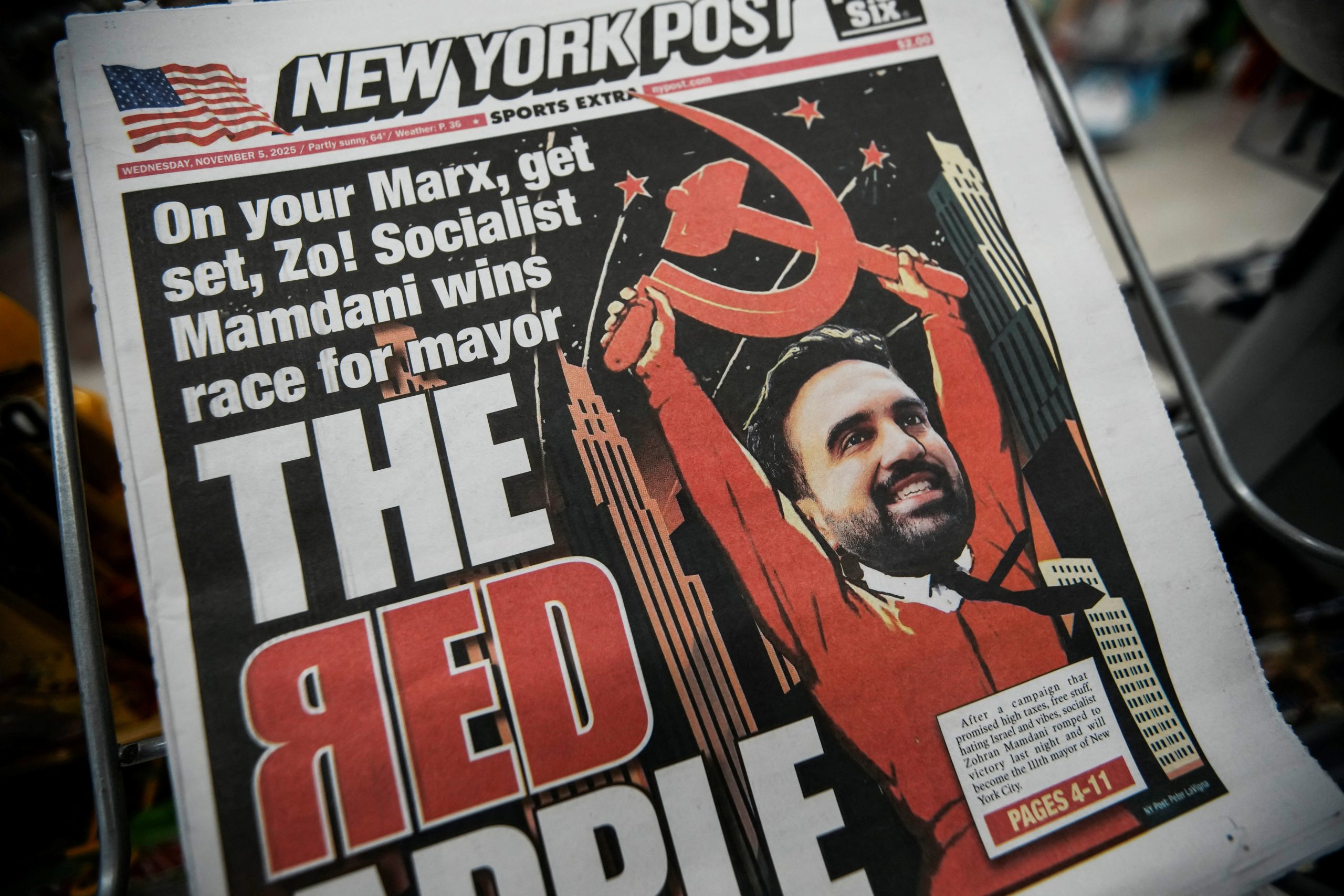Mayor Zohran Mamdani’s agenda represents a socialist experiment whose failure could plunge New York City into economic decline and social disorder according to The Spectator. The magazine argues that his policy prescriptions resemble ideological fantasy rather than urban management and that they will reverse the progress made since the city’s crime surge of 2020.

The Spectator details Mamdani’s four-part “affordability” agenda: a citywide rent freeze affecting nearly half of New York’s rental units, free bus transit, universal childcare starting at six weeks after birth, and government-run grocery stores in each borough. The magazine warns that these policies would “shrink the role of for-profit enterprise” and replace the market with state control. Maintenance costs for small landlords have already risen by 28 percent over five years, and as many as 60,000 rental properties sit abandoned. A rent freeze, it argues, would increase blight, cripple private housing investment, and reduce overall availability. The promise of free services — transit, childcare, and city-operated food stores — would add billions to the city budget while eroding incentives for private enterprise. The Spectator predicts that Mamdani’s measures will de-commodify the economy and drive wealth out of the city, lowering the tide for everyone.
On public safety, the magazine recalls that Mamdani has called the NYPD “racist, anti-queer, and a major threat to public safety.” His plan to reallocate $600 million from traditional policing to a new $1.1 billion “Department of Community Safety” would shift authority from officers to social workers and transfer disciplinary control to the Civilian Complaint Review Board. The Spectator warns that this would further undermine police morale and increase crime by discouraging enforcement of so-called “minor” offences that often precede violent crimes. It adds that his push to close aging jail facilities before opening new ones would intensify urban lawlessness. The magazine also criticizes his support for legislation that made it harder to revoke parole, citing a 2025 Queens murder by a parole violator as an example of its consequences.
On homelessness and mental health, Mamdani plans to replace police response with social workers in 911 calls involving mental crisis. The Spectator calls this approach dangerous, pointing to numerous assaults and subway attacks committed by untreated addicts and mentally ill individuals. It argues that voluntary treatment has failed and that compulsory commitment should be the first resort. The magazine also highlights Mamdani’s proposal to convert abandoned retail spaces in subway stations into homeless drop-in centers, predicting that commuters will face daily encounters with vagrants as a result.
Financially, The Spectator estimates that Mamdani’s program will add $10 billion a year in new spending — nearly 10 percent of the city’s $111 billion budget. To fund it, he has proposed raising corporate taxes from 7.25 to 11.5 percent and imposing a 2 percent surtax on the top 1 percent of income earners, who already pay 48 percent of New York City’s income taxes. The magazine notes that he cannot enact these taxes unilaterally and that Governor Kathy Hochul has rejected further tax hikes. It concludes that Mamdani views any money left in the private economy as “wasted” and that his policies would accelerate the flight of businesses and residents to lower-tax states.
The Spectator contrasts his vision with the governance revolutions of the past. It recalls how Rudy Giuliani’s administration used data-driven management to restore order and reduce crime, while earlier progressive eras under David Dinkins and Bill de Blasio produced economic stagnation and rising disorder. Mamdani, it writes, “takes for granted all the miracles of affluence” and lacks the leadership skills to sustain them. His approach is likened to “parking someone who cannot read music in front of an orchestra.” The magazine argues that he treats governance as a moral performance rather than a discipline of results, and that his ideological idealism will meet the unyielding reality of urban complexity.
In its final assessment, The Spectator warns that New York under Mamdani is headed for a moral and material collapse comparable to that of San Francisco and Chicago. It calls his agenda a lesson for the nation — a demonstration of what happens when performative activism replaces competent governance and ideological purity is mistaken for leadership.
All information above is drawn from The Spectator’s coverage of Zohran Mamdani and its analysis of his policy agenda.



